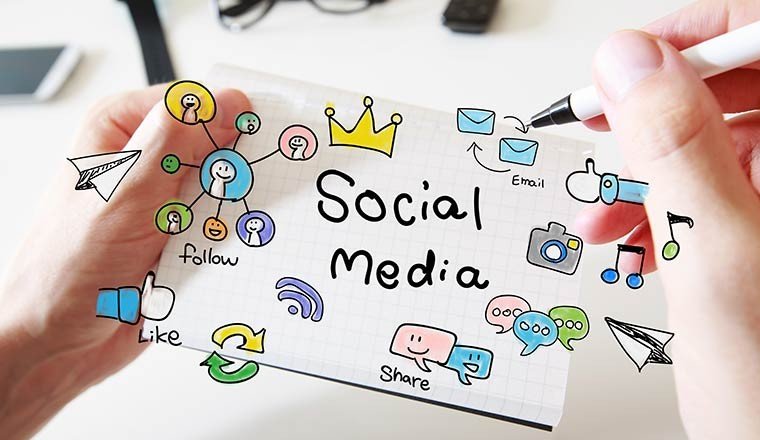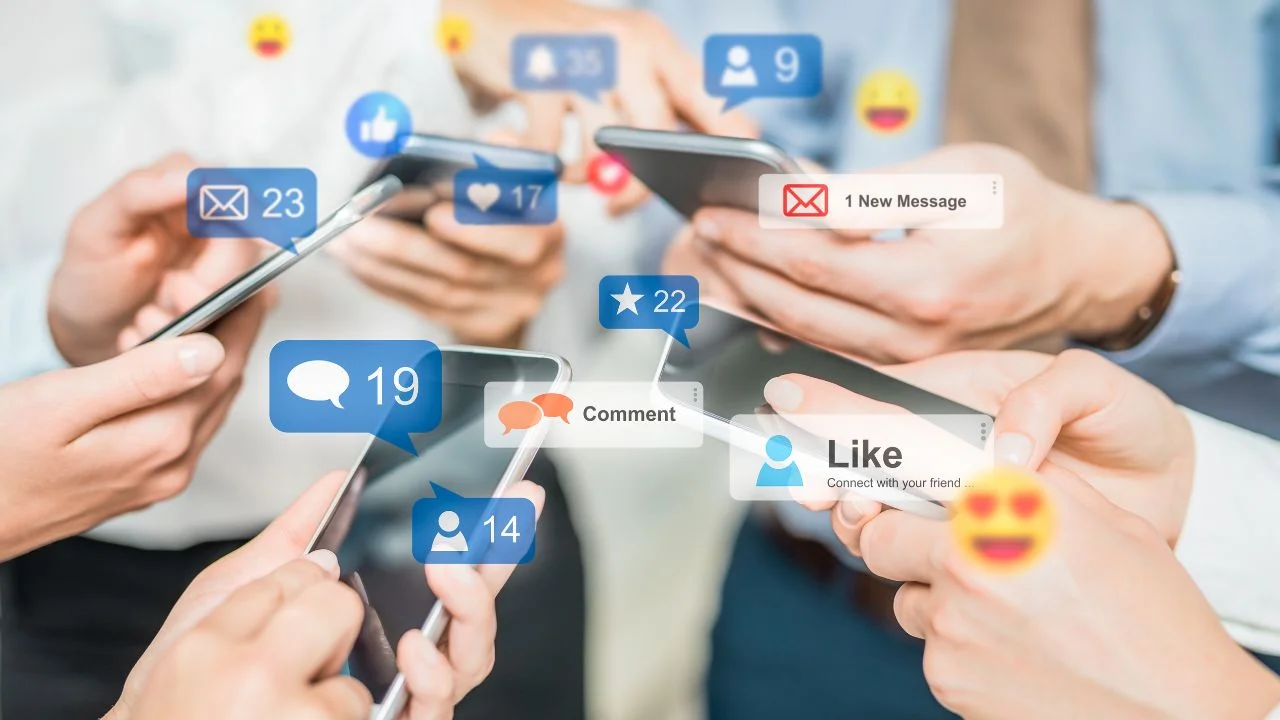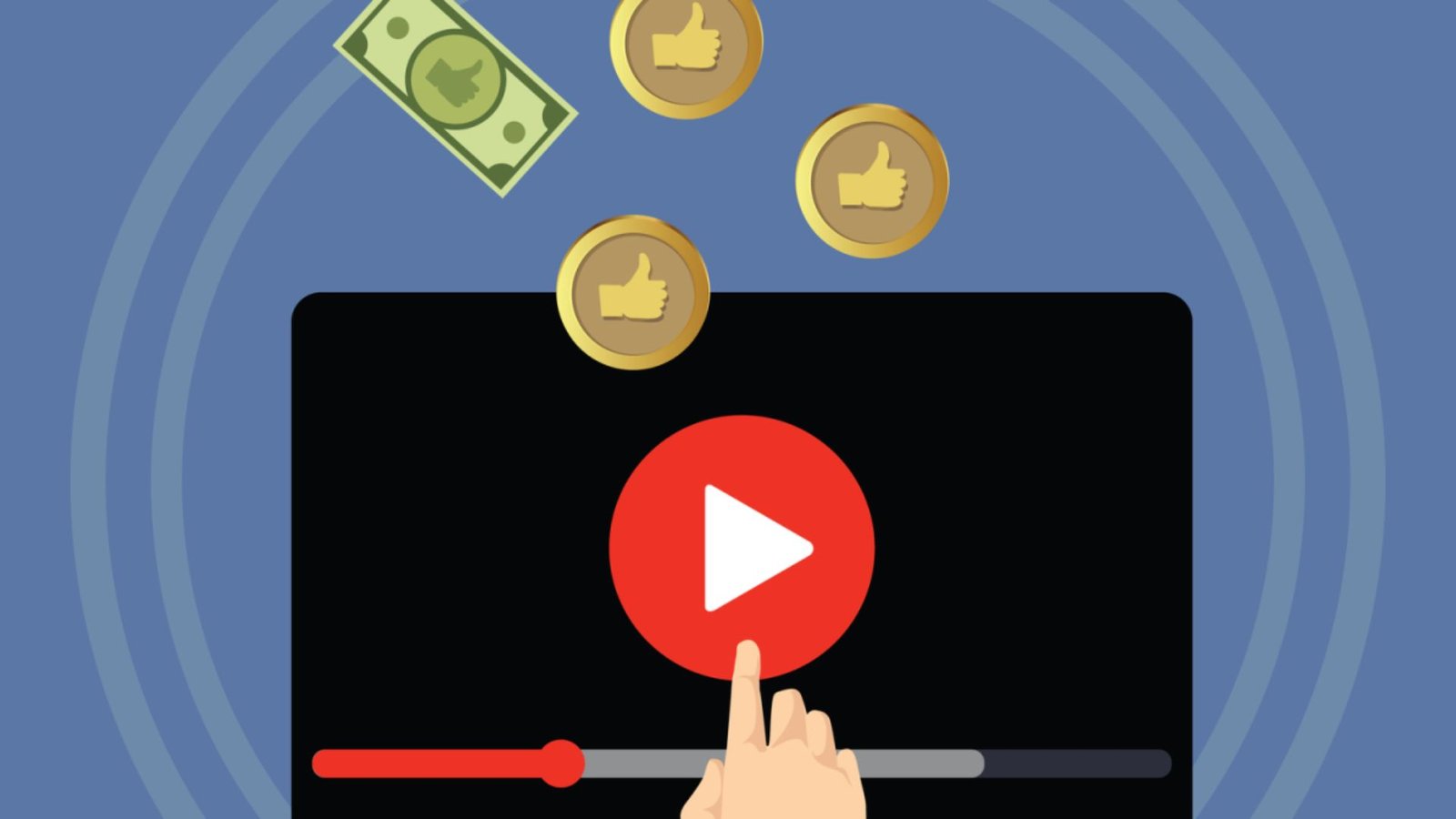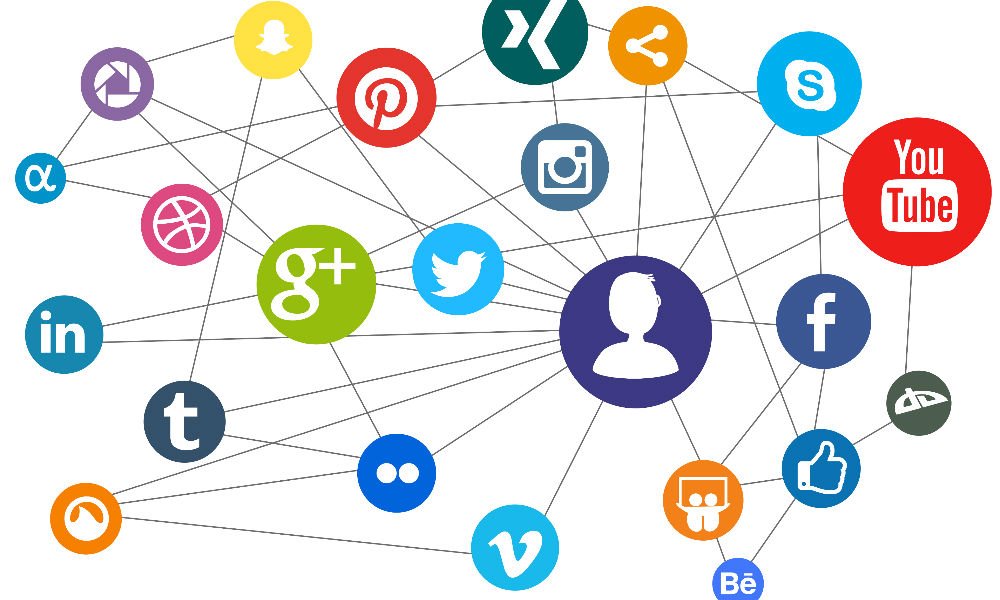Social media has transformed the way people communicate, fundamentally altering interactions at both personal and professional levels. It has reshaped relationships, information sharing, and community engagement. Understanding the impact of social media on communication is essential for navigating today’s digital landscape.
Instant Connectivity
One of the most significant changes brought about by social media is the ability to connect instantly with others. Platforms like Facebook, Twitter, and Instagram allow users to communicate in real-time, regardless of geographical boundaries. This instant connectivity fosters a sense of closeness and immediacy, enabling friendships and relationships to flourish across distances.
Shift in Communication Styles
Social media has influenced how people express themselves. The rise of emojis, gifs, and memes has introduced new forms of expression, allowing for more creativity and humor in communication. Additionally, the character limits on platforms like Twitter encourage brevity and clarity, shaping how users convey their thoughts and emotions.
Greater Accessibility to Information
Social media platforms serve as primary sources for news and information. Users can access updates instantly, share news stories, and engage in discussions about current events. This accessibility empowers individuals to stay informed and participate in conversations about global issues. However, it also raises concerns about misinformation and the need for critical thinking.
Enhanced Collaboration
In professional settings, social media facilitates collaboration among teams and organizations. Platforms like LinkedIn and Slack enable employees to communicate efficiently, share ideas, and collaborate on projects. This has led to increased productivity and innovation, as teams can work together seamlessly, regardless of their physical location.
Changes in Personal Relationships
While social media enhances connectivity, it can also impact personal relationships. The ease of online communication sometimes leads to a decline in face-to-face interactions, which are vital for building deep connections. Moreover, the curated nature of social media profiles can create unrealistic expectations and comparisons, potentially straining relationships.
Increased Voice for Marginalized Communities
Social media provides a platform for marginalized voices to be heard. It enables individuals to share their stories, advocate for social justice, and mobilize for change. Movements like #BlackLivesMatter and #MeToo have gained traction through social media, illustrating its power as a tool for activism and community building.

The Role of Privacy
As communication shifts to social media, concerns about privacy arise. Users often share personal information without fully understanding the implications. The balance between openness and privacy is delicate, necessitating awareness of the potential risks associated with online communication.
Conclusion
Social media has significantly impacted communication, creating both opportunities and challenges. It facilitates instant connectivity, enhances collaboration, and amplifies voices that might otherwise go unheard. However, it also necessitates a reevaluation of personal relationships and privacy concerns. Navigating these complexities is crucial for fostering healthy communication in the digital age.










